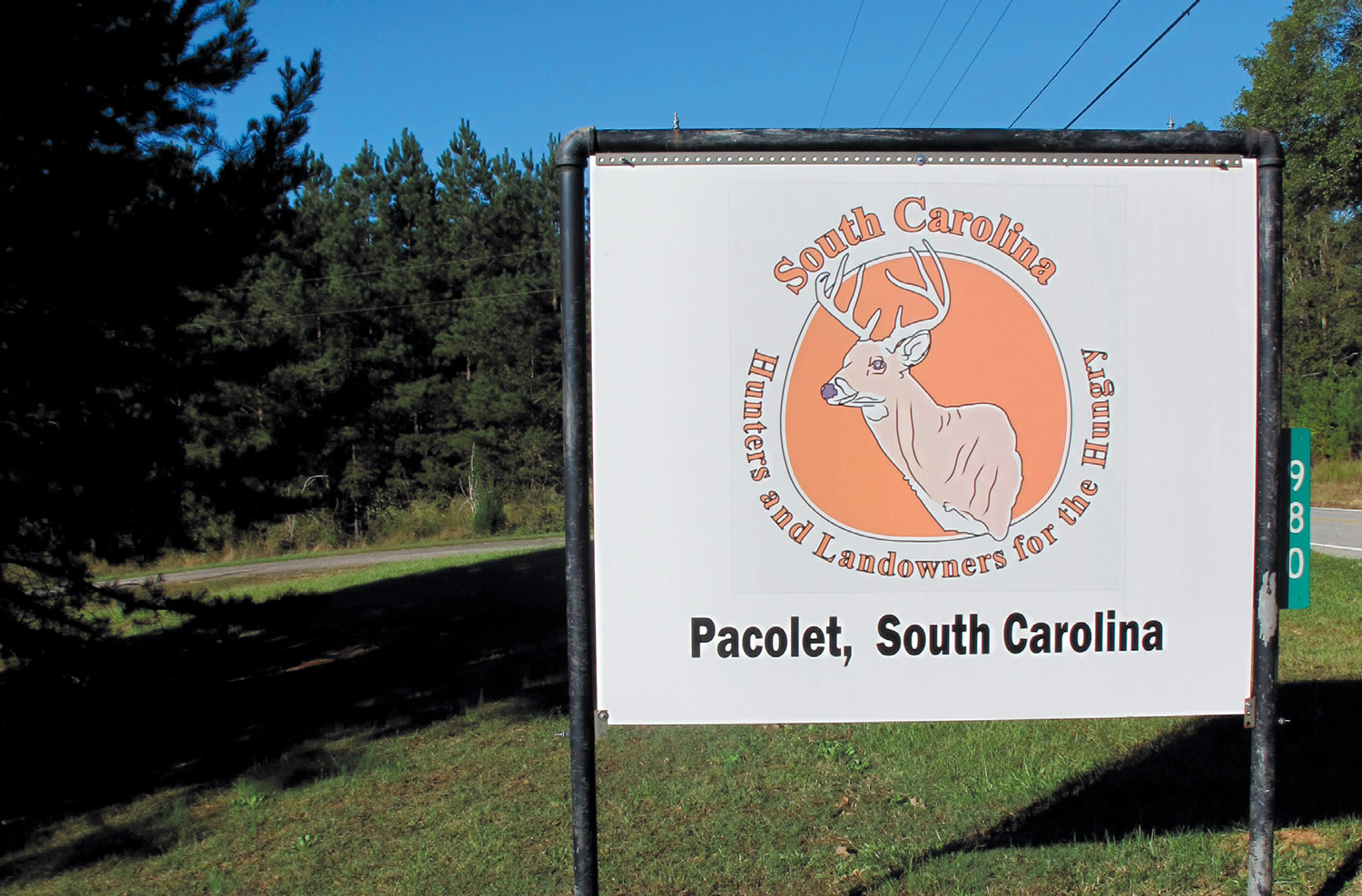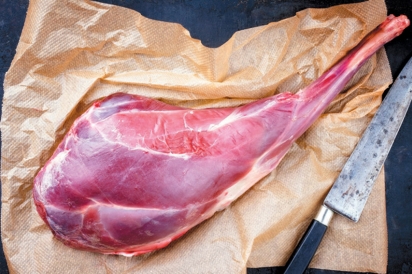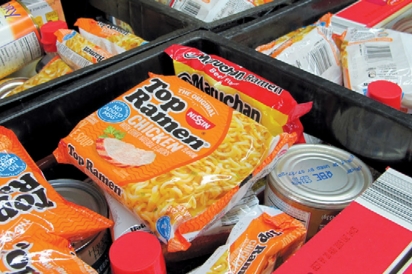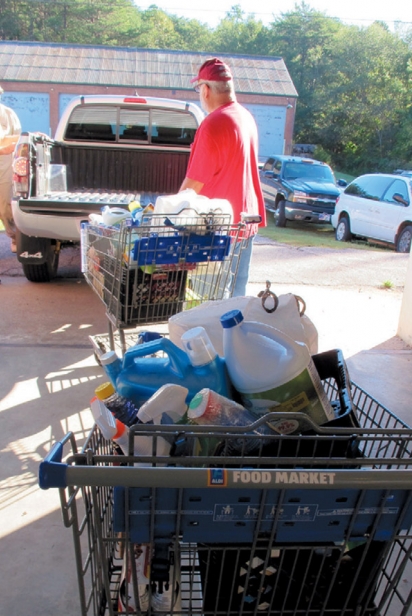Good Will Hunting
Upstate hunters donate thousands of pounds of wild game to local residents in need of meals.
In 2001 a small group of Upstate hunters, feeling blessed by the abundance of meat they could harvest in a single season, began tithing their extra to families in need. The mission, really, was simple: feed those locally going hungry with the richness of natural resources South Carolina has to offer.
The hunters gave unofficially to churches and other institutions until 2004, when the group decided to become a 501(c)(3), loosely defined as a nonprofit organization that’s tax exempt by virtue of its charitable contributions. Story goes, lawyer fees and processing added up to about two thousand dollars. Three hunters offered up five hundred apiece, and the lawyer threw in the remaining five hundred himself. Officially, they became South Carolina Hunters and Landowners for the Hungry (HLFH).
Alongside local churches and families, the group assists Mobile Meals of Spartanburg, Miracle Hill, Total Ministries, The Frazee Center, and others. There are some facilities they can’t offer help to due to rules that outlaw consumption and use of wild game. Initially HLFH contributed only venison meat, which limited them to deer season (running roughly from October to the first of the year). By widening eligible protein to wild hog—which can be hunted year-round—Hunters for the Hungry was able to raise the amount of available meat exponentially.
HLFH is a 100% volunteer organization, with currently about fifty people who donate their time. “Most volunteers,” says current chairman of the Board Bob Williams, “aren’t even hunters.” New to the area in 2008, he became involved in the group by a simple happenstance of running into founding member Harold Campbell at Camp Croft one day. “I only went there to pick up some fishing poles.”
Over time HLFH expanded in various ways. In 2009 they began working with United Way’s Gifts-in-Kind Center in Spartanburg, which receives donated returned or damaged merchandise from major retailers in the south. By partnering, HLFH became able to provide families with cleaning supplies and non-perishable products. “We also go to ALDI every five or six weeks and spend about two thousand dollars, then incorporate those goods into what people receive from us each week.” Recently, in 2016, the hunters moved from a small facility in Spartanburg to the much larger Pacolet Armory, which enables better distribution and tons of space to store donations.
The group hunts statewide but donates primarily to the Upstate’s five counties:
Spartanburg, Laurens, Cherokee, Union, and Greenville. “Today, for example,” says Williams, “I’ll make a twelve hour trip picking up thirty-five hundred pounds of legally harvested meat, will reimburse the processors, and then drive back up state.”
On the morning I visit the former armory, its parking lot is packed with cars, their trunks and doors open, ready for fill. Early October and the first day it’s felt anywhere close to fall. The building houses one huge great room—bigger than a basketball court—and several rooms off the sides. One hallway is lined with over a hundred pair of brand new Rockport shoes, ready for donation. A dozen or so friendly volunteers, including Bob, hang around with their different tasks, talking shop and laughing. A man says, “We saw you coming a mile away,” and gestures toward the brightly colored yoga pants I now feel stupid for wearing. Another man named Butch walks me down to their gigantic coolers (one of which was gifted to them from a Spartanburg County Foundation grant), filled with frozen meat. Butch says, “We’ve already got forty-one thousand pounds of meat this year.” It doesn’t occur to me until later how much that is considering deer season’s just beginning.
Here’s how it works: Most Thursdays, from nine to noon, those in need of meat and groceries (who are certified via United Way’s Charity Tracker) pull their cars around and volunteers help load a cart filled with ten to fifteen pounds of meat, one crate of non-perishable goods, and a trash bag filled with paper products. Additionally, the hunters also supply pet food, baby formula and diapers, sometimes clothing.
Hunters and Landowners for the Hungry have provided over two and a half million meals since their inception in 2004, and each year what they contribute increases. While they supplied ten thousand pounds of venison in the first year, they gifted over sixty thousand pounds in 2017. (One deer alone can yield nearly two hundred meals.) In South Carolina, too, there is in place a carcass tax which is a nonrefundable tax credit of seventy five dollars per carcass to those donating it to a charitable cause.
The hunters receive generous support from a diverse parcel of organizations—from Denny’s and The United Way to The Carolina Panthers. While thriving, funding still remains the main limitation to how much meat they can harvest. HLFH’s primary expense is reimbursing meat processors. “The more processing fees we can pay, the more meat we can provide. We may supply seventy-five thousand pounds this year to the Upstate, but we have the capability and resources for much more.” HLFH hosts an annual fundraising dinner that draws in a healthy reserve, but the other simple ways citizens can contribute is with their time and by donating on the hunters’ website http://www.schuntersforthehungry.org.
Hunters and Landowners for the Hungry 980 Sunny Acres Road Pacolet, SC 2937







